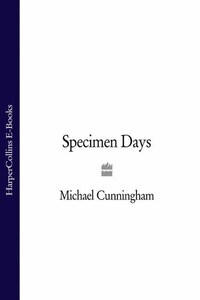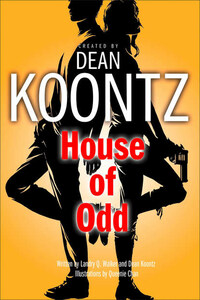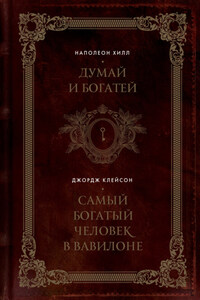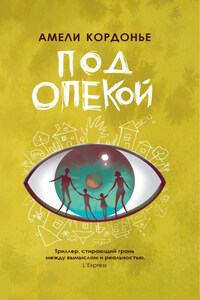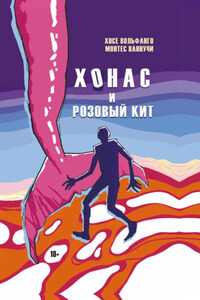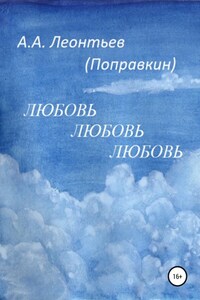First published in Great Britain in 2005 by
Fourth Estate An imprint of HarperCollinsPublishers 77–85 Fulham Palace Road London W6 8JB
www.4thestate.co.uk
Originally published in the United States in 2005
by Farrar, Straus and Giroux
Copyright © Mare Vaporum Corp 2005
The right of Michael Cunningham to be identified as the author of this work has been asserted by him in accordance with the Copyright, Designs and Patents Act 1988
A catalogue record for this book is available from the British Library
All rights reserved under International and Pan-American Copyright Conventions. By payment of the required fees, you have been granted the nonexclusive, nontransferable right to access and read the text of this e-book on screen. No part of this text may be reproduced, transmitted, downloaded, decompiled, reverse engineered, or stored in or introduced into any information storage and retrieval system, in any form or by any means, whether electronic or mechanical, now known or hereinafter invented, without the express written permission of HarperCollins e-books.
HarperCollinsPublishers has made every reasonable effort to ensure that any picture content and written content in this ebook has been included or removed in accordance with the contractual and technological constraints in operation at the time of publication.
Source ISBN: 9780007156054
Ebook Edition © SEPTEMBER 2012 ISBN 9780007373154 Version: 2014-10-03
Fear not O Muse! truly new ways and days receive, surround you,
I candidly confess a queer, queer race, of novel fashion,
And yet the same old human race, the same within, without,
Faces and hearts the same, feelings the same, yearnings the same,
The same old love, beauty and use the same.
—Walt Whitman
Walt said that the dead turned into grass, but there was no grass where they’d buried Simon. He was with the other Irish on the far side of the river, where it was only dirt and gravel and names on stones.
Catherine believed Simon had gone to heaven. She had a locket with his picture and a bit of his hair inside.
“Heaven’s the place for him,” she said. “He was too good for this world.” She looked uncertainly out the parlor window and into the street, as if she expected a glittering carriage to wheel along with Simon on board, serene in his heedless milk-white beauty, waving and grinning, going gladly to the place where he had always belonged.
“If you think so,” Lucas answered. Catherine fingered the locket. Her hands were tapered and precise. She could sew stitches too fine to see.
“And yet he’s with us still,” she said. “Don’t you feel it?” She worried the locket chain as if it were a rosary.
“I suppose so,” Lucas said. Catherine thought Simon was in the locket, and in heaven, and with them still. Lucas hoped she didn’t expect him to be happy about having so many Simons to contend with.
The guests had departed, and Lucas’s father and mother had gone to bed. It was only Lucas and Catherine in the parlor, with what had been left behind. Empty plates, the rind of a ham. The ham had been meant for Catherine’s and Simon’s wedding. It was lucky, then, to have it for the wake instead.
Lucas said, “I have heard what the talkers were talking, the talk of the beginning and the end. But I do not talk of the beginning or the end.”
He hadn’t meant to speak as the book. He never did, but when he was excited he couldn’t help himself.
She said, “Oh, Lucas.”
His heart fluttered and thumped against the bone.
“I worry for you,” she said. “You’re so young.”
“I’m almost thirteen,” he said.
“It’s a terrible place. It’s such hard work.”
“I’m lucky. It’s a kindness of them, to give me Simon’s job.”
“And no more school.”
“I don’t need school. I have Walt’s book.”
“You know the whole thing, don’t you?”
“Oh no. There’s much more, it will take me years.”
“You must be careful at the works,” she said. “You must—” She stopped speaking, though her face didn’t change. She continued offering her profile, which was as gravely beautiful as that of a woman on a coin. She continued looking out at the street below, waiting for the heavenly entourage to parade by with Simon up top, the pride of the family, a new prince of the dead.
Lucas said, “You must be careful, too.”
“There’s nothing for me to be careful about, my dear. For me it’s just tomorrow and the next day.”
She slipped the locket chain back over her head. The locket vanished into her dress. Lucas wanted to tell her—what? He wanted to tell her that he was inspired and vigilant and recklessly alone, that his body contained his unsteady heart and something else, something he felt but could not describe: porous and spiky, shifting with flecks of thought, with urge and memory; salted with brightness, flickerings of white and green and pale gold, like stars; something that loved stars because it was made of the same substance. He needed to tell her it was impossible, it was unbearable, to be so continually mistaken for a misshapen boy with a walleye and a pumpkin head and a habit of speaking in fits.
